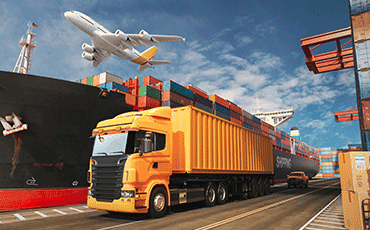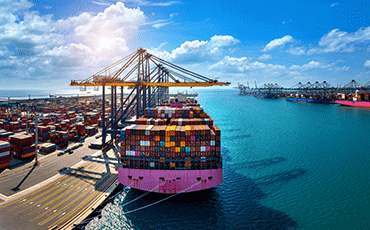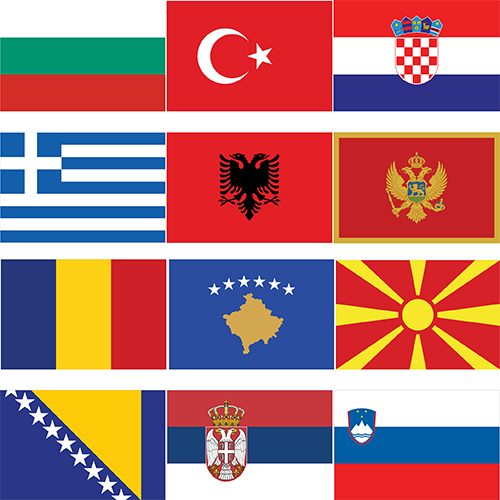Hannover Region is one of the most attractive locations in Germany, offering a robust infrastructure for "transportation in logistics and supply chain management."
Hannover, together with Braunschweig and Wolfsburg, is located in one of the most important global centers of the automotive industry. Hannover's vibrant automation sector is a testament to cutting-edge innovation and efficiency-driven progress. Nestled within the heart of Germany, this bustling industrial hub embraces the convergence of technology and industry, propelling businesses towards enhanced productivity and operational excellence.
- Major companies: VW Commercial Vehicles, Continental AG, and numerous suppliers such as ZF Friedrichshafen AG (Wabco) and Clarios.
- 26,500 employees in the entire value chain (5.1 % of GB)
- Focal points: Commercial vehicles, tires, drive systems, unique parts, brake systems, battery technology, vehicle information systems
- Research and educational institutions: 30 institutes and universities related to the automotive industry
- Leading trade fairs: IAA Transportation, Mobility as part of Hannover Messe Unique competencies in commercial vehicle manufacturing characterize the automotive sector in the Hannover Region. It is characterized by internationally known players such as Volkswagen Commercial Vehicles or Continental AG as well as a large number of innovative supplier companies such as ZF Friedrichshafen AG (Wabco), as a supplier of electronic brake and vehicle control systems, or Clarios, a leading manufacturer of starter batteries.
- One strength of the automotive industry in the Hannover Region is that in addition to the core business in commercial vehicle manufacturing, numerous other fields of expertise are represented at the location, for example, in the areas of tires, drive and brake systems, or battery technology.
In essence, Hannover's automation sector is where human ingenuity converges with digital prowess, crafting a tapestry of solutions that empower industries globally, especially in the realm of transportation in logistics and supply chain management. It is a realm where tradition and innovation merge, forging a path toward a more innovative, more connected future. Furthermore, the region has a well-developed research infrastructure with several university and non-university research institutions.


What is transportation management in logistics?
What are the 4 types of transportation?
What is transportation activities in supply chain management?
What is the main role of transportation?
What are the 7 R's of logistics?
What are the advantages and disadvantages of transportation?
Get In Touch















 Twitter
Twitter